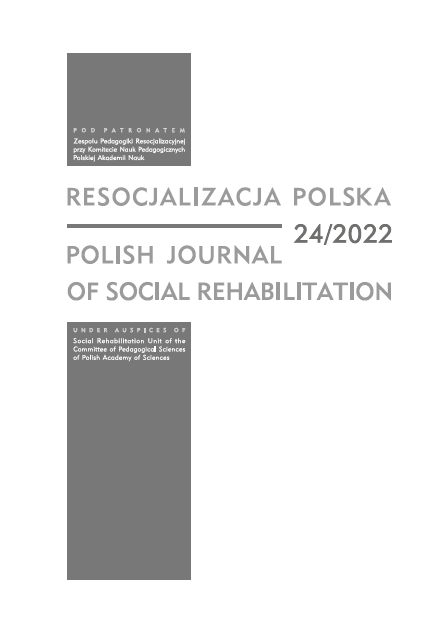The diagnosis of "weak points" of the school as an environment for building resilience of male and female students Poznan City Educational Research 2021
The diagnosis of "weak points" of the school as an environment for building resilience of male and female students Poznan City Educational Research 2021
Author(s): Mateusz Marciniak, Sylwia Jaskulska, Renata Wawrzyniak-Beszterda, Marzena Buchnat, Iwona Chmura-Rutkowska, Agnieszka Cybal-Michalska, Izabela Cytlak, Bożena Kanclerz, Agnieszka Kozłowska-Rajewicz, Lucyna Myszka-Strychalska, Joanna SzafranSubject(s): Gender Studies, Education, School education, Sociology of Education
Published by: Fundacja Pedagogium
Keywords: educational resilience; school resources; school offer;
Summary/Abstract: Taking as a starting point the concept of resilience, according to which the resources of the social environment contribute to the positive development of young people (as they become protective factors against risky and problematic behaviors), the aim of the article is identification of the school domains, that are most deficient and require changes. The article refers to the results of research conducted within the project "Educational Policy of the City of Poznań 2030", coordinated by the Department of Education of Poznań City Hall. The main aim of the research was to: identify and analyze the experiences of male and female students of Poznań's schools, to determine the level to which these experiences are conducive to positive adaptation and to examine factors differentiating these experiences. The issue is analyzed on the basis of data collected with survey method. The research participants included 996 male and female students of primary and secondary schools of Poznań. According to the research results, the most deficient areas of school work are: school infrastructure, didactics and extracurricular offer. The majority of students is convinced that during the schooltime they: do not learn how to learn, do not work with the use of the project method and have no influence on the selection of contents and teaching methods. Students experiences are significantly differentiated by the level (stage) of education and gender of students
Journal: Resocjalizacja Polska
- Issue Year: 24/2022
- Issue No: 1
- Page Range: 467-485
- Page Count: 19
- Language: English

